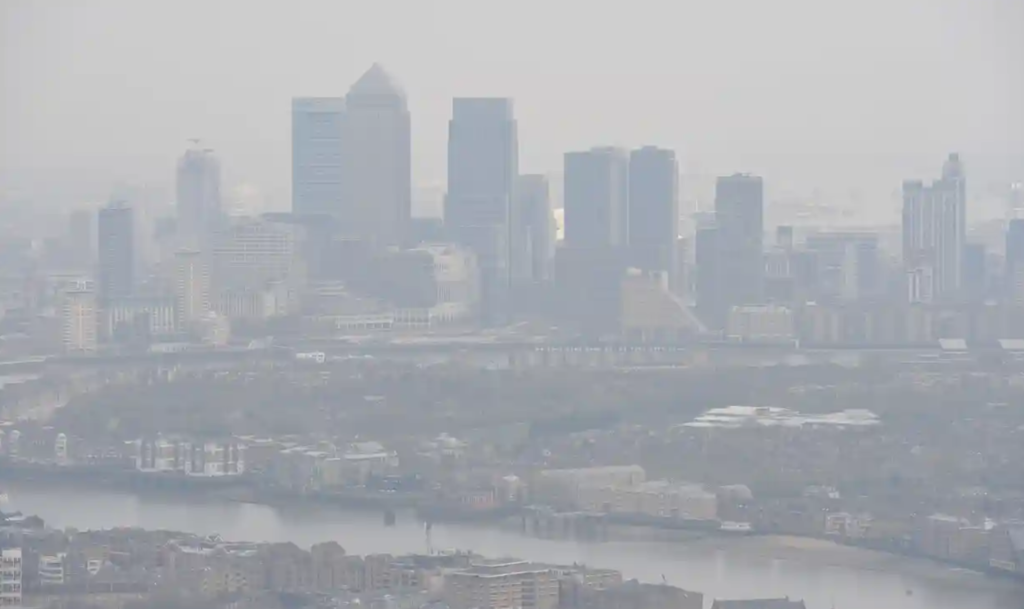Particles breathed by mothers pass to their vulnerable foetuses, with potentially lifelong consequences
Toxic air pollution particles have been found in the lungs, livers and brains of unborn babies, long before they have taken their first breath. Researchers said their “groundbreaking” discovery was “very worrying”, as the gestation period of foetuses is the most vulnerable stage of human development.
Thousands of black carbon particles were found in each cubic millimetre of tissue, which were breathed in by the mother during pregnancy and then passed through the bloodstream and placenta to the foetus.
Dirty air was already known to strongly correlate with increased miscarriages, premature births, low birth weights and disturbed brain development. But the new study provides direct evidence of how that harm may be caused. The scientists said the pollution could cause lifelong health effects.
The particles are made of soot from the burning of fossil fuels in vehicles, homes and factories and cause inflammation in the body, as well as carrying toxic chemicals. The study was conducted with non-smoking mothers in Scotland and Belgium, in places with relatively low air pollution.
“We have shown for the first time that black carbon nanoparticles not only get into the first and second trimester placenta, but then also find their way into the organs of the developing foetus,” said Prof Paul Fowler, at the University of Aberdeen in Scotland.
“What is even more worrying is that these particles also get into the developing human brain,” he said. “This means that it is possible for these nanoparticles to directly interact with control systems within human foetal organs and cells.”
Prof Tim Nawrot at Hasselt University in Belgium, who co-led the study, said: “Air quality regulation should recognise this [air pollution] transfer during gestation and act to protect the most susceptible stages of human development.”
He said governments are responsible for cutting air pollution, but that people should avoid busy roads when possible.
Air pollution particles were first detected in placentas in 2018 by Prof Jonathan Grigg at Queen Mary University of London and colleagues. He said: “The new study is very good – they have shown convincingly that the particles then get into the foetuses.
“Seeing particles getting into the brain of foetuses raises the stakes, because this potentially has lifelong consequences for the child,” Grigg said. “It’s worrying, but we don’t yet know what happens when the particles lodge in various sites and slowly leach off their chemicals,” meaning further research is needed.
Article Credits: The Gaurdian
